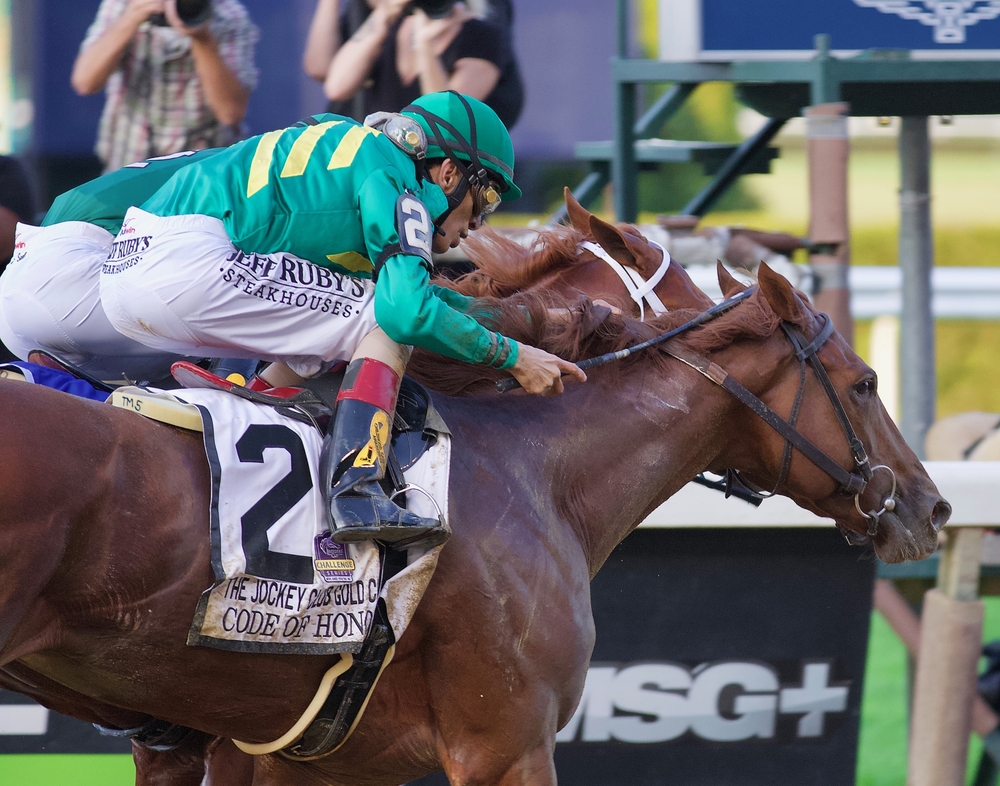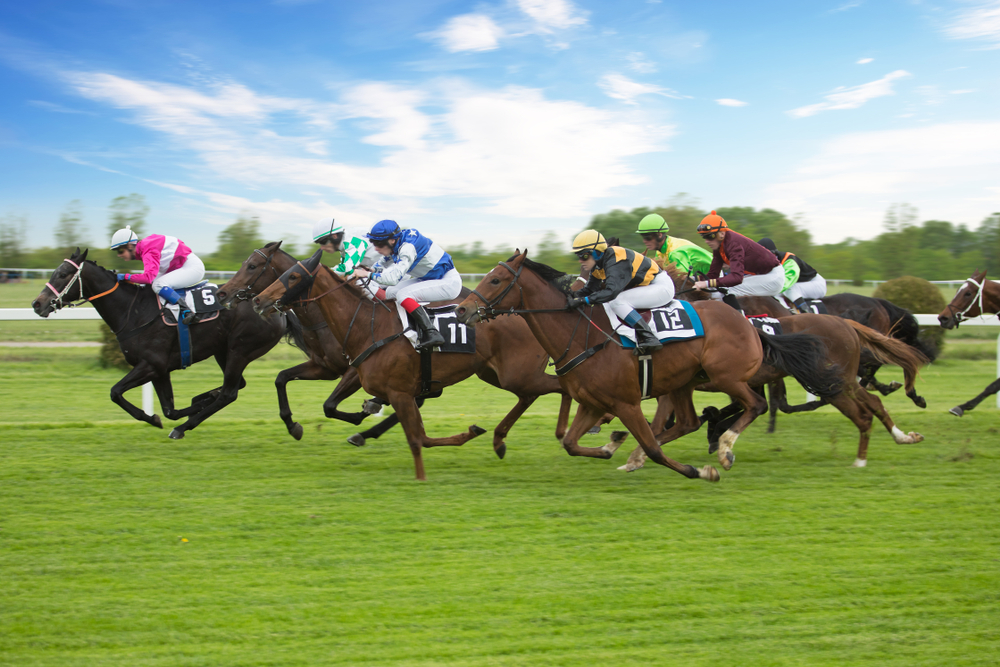Lots of people love a day at the races and millions of people buy tickets each year. The price of tickets varies greatly depending on the racetrack, the enclosure, and the importance of the meeting.
Meetings such as Royal Ascot and the Cheltenham Festival command the highest ticket prices, with the top enclosures costing quite a lot of money. But people are willing to pay even to watch horse racing at the smaller tracks on a cold wet and windy afternoon in winter.
Of course, the bigger racetracks find it much easier to make money from selling tickets. Over 250,000 people attend Royal Ascot each year and that’s just one of Ascot Racecourse’s many high-profile meetings.
The Cheltenham Festival also boasts similar attendances, with their record being 266,779 people paying to get in over the four days of their biggest meeting. Cheltenham also stages a variety of other well-attended meetings.
Of course, not all racetracks boast the attendance figures of Ascot or Cheltenham, but the paying public is still one of the main contributors to how horse tracks make money.
But without the income from ticket sales, how else do horse racks make money? Let’s take a look.
Racing Hospitality
Lots of punters that attend race meetings also like to enjoy the hospitality of the racetracks they visit. Whether it’s a hog roast sandwich or a fine dining experience, racetracks profit from the range of food and drink establishments they provide.
When it comes to horseracing hospitality, Royal Ascot is always the meeting that draws the most attention. The amount of food and drink consumed at the UK’s premier racetrack is unbelievable, and there are over 100 bars and food outlets for people to choose from.
Over the five days of an average Royal Ascot Meeting, punters consume over 200,000 cakes, 100,000 scones, 60,000 sandwiches, 50,000 bottles of Champagne, 40,000 bottles of wine, 20,000 jugs of Pimms, 8,000 crabs, 5,000 salmon, 7,000 lamb rumps, 5,000 steaks, 3,000 lobsters, 3,000 kilos of sirloin of beef, and a lot more besides.
The Irish punters also love to make the Cheltenham Festival a special occasion, and there are normally over 200,000 pints of Guinness drunk in celebration. But that’s hardly surprising considering the number of winners they have nowadays.
Race Sponsors
Money in racing works on many levels and the first job for any racetrack is to attract owners to run their horses there. Racetracks do this by offering decent prize money for the horses to win but, of course, this can be a massive overhead.
Racetracks do charge owners for entering their horses in these races, but those entry fees are nowhere near enough to cover the prize money. So, what racetracks do is attract sponsors for races, such as businesses or individuals that are happy to stump up all or part of the prize money for being able to name the race as they see fit.
Bookmakers are some of the biggest sponsors in horse racing, as they know they need to reinvest some of their profits from horse racing to keep the show on the road.
Corporate Hospitality And Social Functions
When racing isn’t taking place, many racetracks hire out their facilities for corporate hospitality or social functions.
Many companies will hire the large rooms that most racetracks have, to host training days or team-building days. Lots of companies also use the facilities for Christmas parties or other company celebrations.
Racetracks have also become popular with the public for social functions, such as important birthday parties, christenings, and wedding receptions. This type of hospitality has become a big business for racetracks over the last few years.
Concerts
To make sure they continue to attract the paying public, many racetracks have started to make their racing days even more special by booking headline music acts to perform post-race concerts. Tickets for these days cost a little extra, but many people that like horse racing and music see them as the perfect day out.
Not only do the racetracks benefit from bigger crowds, but they can also keep their food and drink establishments open longer to earn more money.
Horse Racing TV Rights
While not all punters that bet on horse racing make the effort to go to the races, you can now watch horse racing in the bookmakers, online, and on a variety of special racing TV and domestic TV channels.
Racecourses charge TV companies and bookmakers money to show live racing, with the bigger meetings commanding a bigger share of the pot. At the end of the day, horse racing is a product that many people make money from and racetracks take a cut at every opportunity.
We hope that’s answered your question, how do horse tracks make money?





